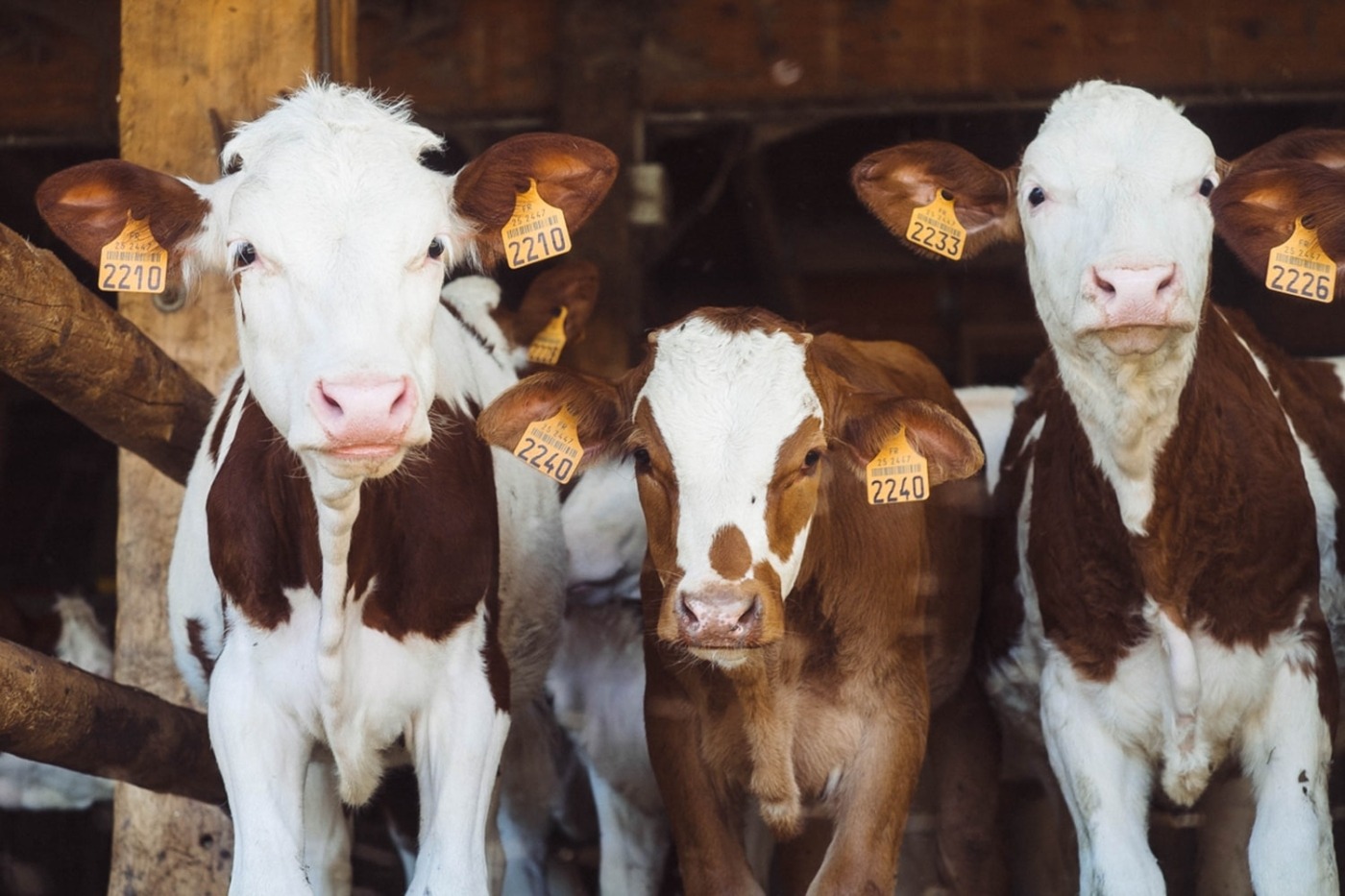The Green Opinion: Animal agriculture is dangerous and unethical
The coronavirus pandemic has killed over a hundred thousand people in the UK, destroyed our economy and threatened our mental wellbeing.
Yet COVID-19 is just one in a long list of infectious diseases that originated with animals and spread to humans.
The 2003 SARS virus originated in bats before it passed onto civets, a mammal that is eaten in some parts of China. It then started to infect humans, killing a total of 774 people across more than two dozen countries.
In 2009, the swine flu pandemic originated in factory farms in Mexico. Globally, an estimated 151,700 to 575,400 people died from swine flu in the first year of the pandemic.
You might be able to notice a pattern here.
The Centre for Disease Control and Prevention (CDC) states that 75% of emerging diseases come from animals. Surely it’s hardly surprising that keeping animals in disgusting, unsanitary, conditions leads to the spread of disease.
Moreover, there is scientific consensus that pumping animals full of antibiotics allows bacteria to develop resistance, making it harder for us to fight diseases once they jump from animals to humans.
Beyond that, animal agriculture is morally and ethically wrong.
We force animals to live in their own excrement and deprive them of stimulation to the level that they develop abnormal behaviours, including cannibalism. It is a stain on our moral fabric to treat those we are stronger than with such cruelty.
How can a few minutes of pleasure justify an entire life of torture? How can it be right to tear a calf away from her mother’s breast to take her milk? If you were in the slaughterhouse, confronted by the stench of death and terrified animals, would you be able to pull the trigger?
You may think that individual actions cannot save the planet. But they can. Change happens at every level of society. Consumerism is powerful. If individuals demand more plant-based products, companies will provide them. Evidence of this can by found in the recent launch of vegan options at KFC, or the upcoming plant-based range at McDonald’s.
We are conditioned by our society to arbitrarily divide animals up into those worthy of our love, and those worth only of a meal
Individual actions should not centre on whether you alone can save the planet. It is more a matter of complicity. Do you want to be someone who pays for other people to abuse animals on your behalf? Or do you recoil when you see that you are the fear in their eyes? People do not like animal cruelty; the thought of someone willfully hurting a dog or a cat is a painful one.
But we are conditioned by our society to arbitrarily divide animals up into those worthy of our love, and those worthy only of a meal. We are not born with such a disposition towards violence. A study carried out by the US Army after World War Two found that only 20% of soldiers fired their weapons, with even fewer shooting with the aim of killing. During the Vietnamese War, this figure rose to 90%.
If violence against enemies must be taught, we must be able to grow beyond hurting innocent sentient beings. We all have the choice to say that enough is enough, and we don’t want to be a part of something that causes pain.
Knowing is a heavy burden. To paraphrase a late eighteenth-century Member of Parliament: of course, you can choose to look the other way, but you will never again be able to tell yourself that you did not know.

Comments